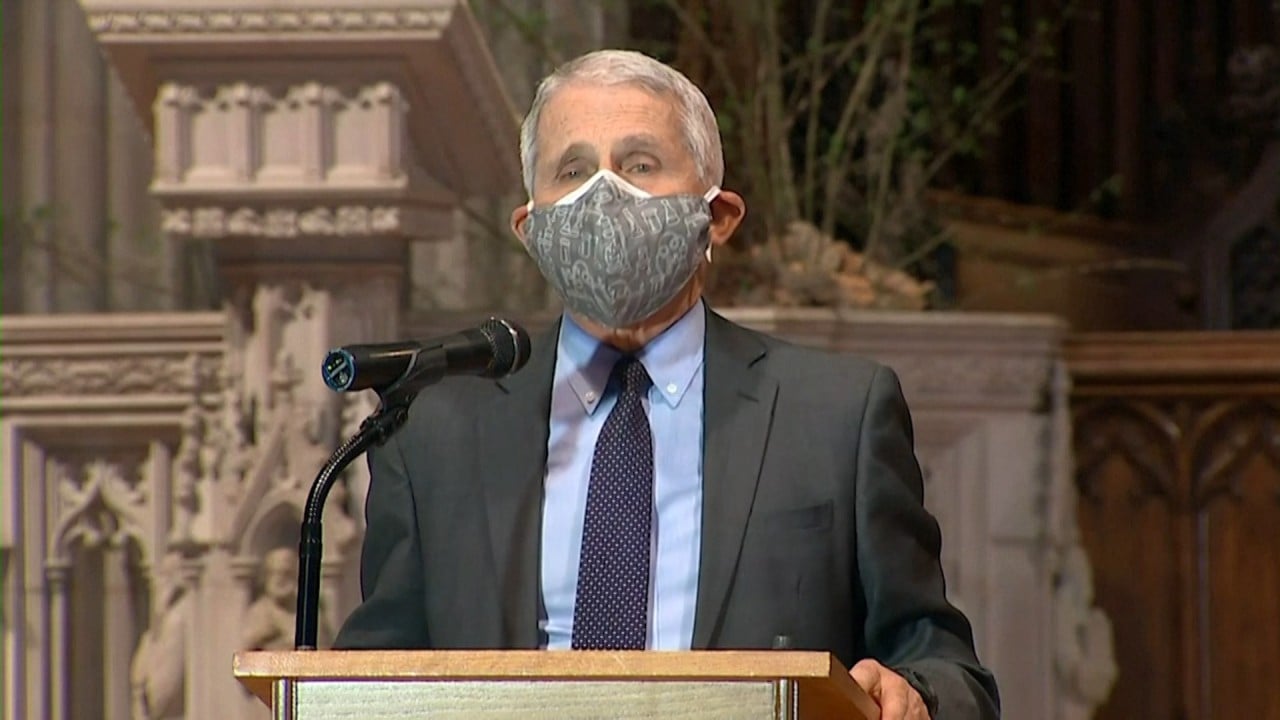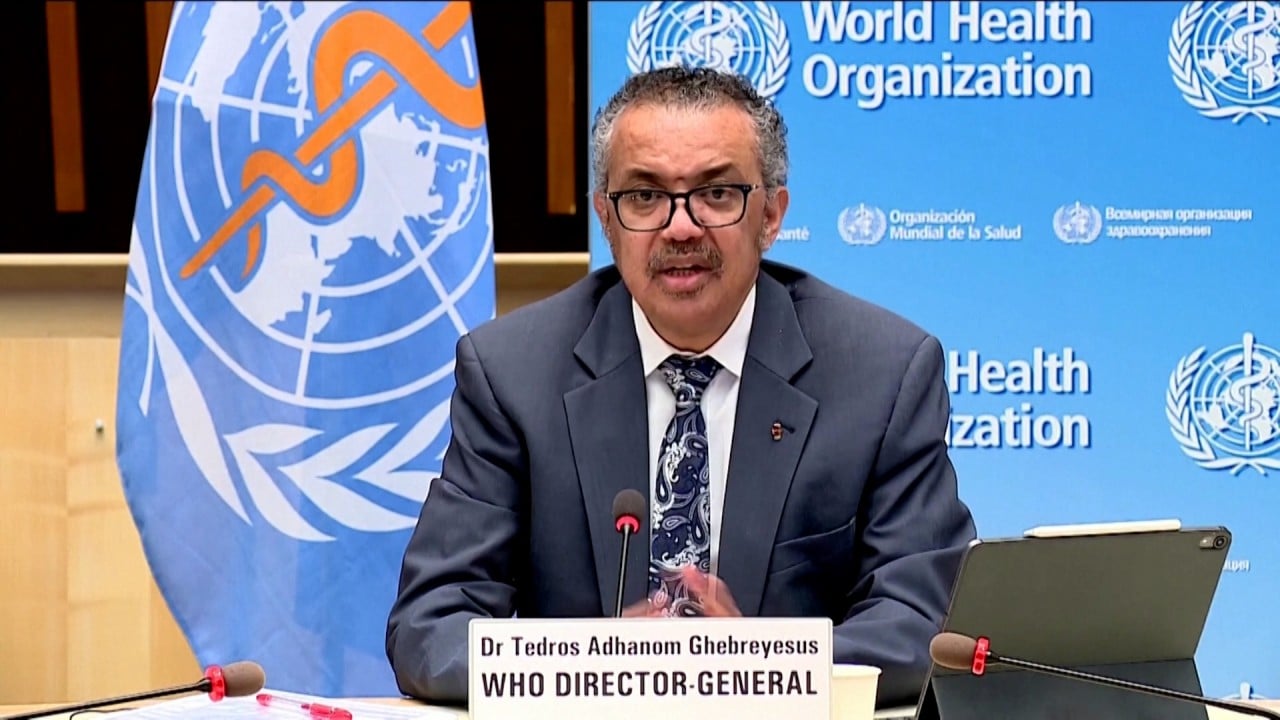
Britain to face significant cut in coronavirus vaccine supply from end March
- Manufacturers predict the reduction will continue for four weeks, in a setback to one of the world’s fastest inoculation programmes
- The problem comes as the EU threatens to ban exports of Covid-19 vaccines to Britain to safeguard scarce doses for its own citizens
Britain will see a significant reduction in the amount of Covid-19 vaccines available at the end of the month due to a cut in manufacturing supply, it said on Wednesday, in a setback to one of the fastest roll-outs in the world.
Britain is on track to have given a first Covid-19 shot to half of all adults in the next few days and passed 25 million first shots on Wednesday, making it the most extensive and quickest programme so far in a European country.
Health Secretary Matt Hancock said supply often fluctuated but the country remained on track to have given vaccines to priority groups by April 15 and all adults by the end of July.
“Vaccine supply is always lumpy and we regularly send out technical letters to the NHS to explain the ups and downs of the supply over the future weeks,” Hancock told reporters.

03:08
Covid-19 vaccine-related myths refuted by US infectious disease expert Dr Anthony Fauci
A letter sent around to the state-run health service said there would be a “significant reduction in weekly supply available from manufacturers” from the week commencing March 29, meaning volumes for first doses will be significantly constrained.
Manufacturers predict this will continue for four weeks due to cuts in national inbound vaccines supply, it continued.
The letter said vaccination centres should “ensure no further appointments” for April, and focus on ensuring all those in the most vulnerable categories had received their first shot, and those who have already received a dose got a second.
Sterling fell to its lowest of the day versus the dollar in the hour after the letter was first reported, dipping from US$1.3882 to US$1.3849 but remaining within the range seen in recent days.
Hancock did not say why there would be a reduction in supplies. Britain has been issuing shots made by AstraZeneca and Pfizer-BioNTech, both of which have struggled to meet EU contract obligations due to production issues.
The BBC’s political editor Laura Kuenssberg said the problem was a result of fewer AstraZeneca vaccines being available than expected, and that it was “more significant” than previous lumps in supplies. AstraZeneca declined to comment.
The opposition Labour Party was critical of the government’s response, saying dismissing concerns about the supply issues was not good enough.
The problem comes as Brussels threatens to ban exports of Covid-19 vaccines to Britain to safeguard scarce doses for its own citizens as it aired frustration over a lack of deliveries moving from AstraZeneca in Britain to Europe.

00:46
AstraZeneca Covid-19 vaccine under investigation by WHO over blood clot reports
Hancock said the vaccine had been developed with funding from the British government and Britain had a legal right to the shots.
“We set up the supply chain, not just here in the UK but indeed, we helped set up the supply chain in the EU,” he said.
“We legally signed a contract for delivery of the first 100 million doses here for people in the UK, as you would expect, both to ensure that people in the UK can get their jab and also because this is a UK-funded, UK-delivered vaccine.”

